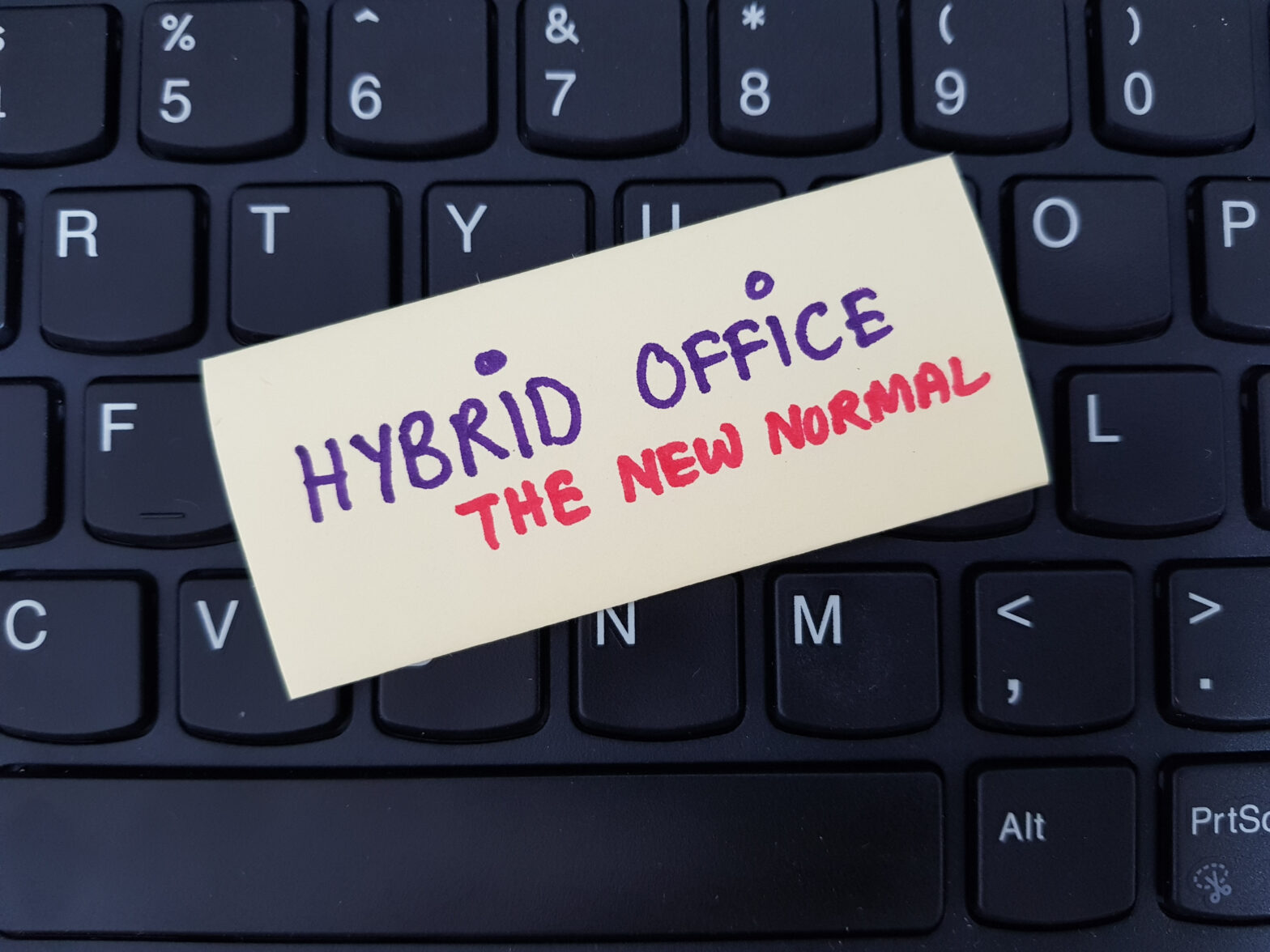Acer survey finds IT decision-makers overwhelmingly in favour of hybrid working, partly as a way to reduce carbon emissions
Eighty-five per cent of IT leaders say they want their staff to continue hybrid working in the future, according to computer manufacture Acer.
It has been estimated that reducing commuting could reduce carbon emissions by 60 per cent.
IT decision-makers overwhelming vote to continue the hybrid-working model will sit well with employees, as most staff prefer to work for companies with a robust attitude towards climate change and sustainability.
Transport generates 14 per cent of global greenhouse emissions. Acer research tracking 815 employees across pre- and post-Covid periods found that remote working reduced commuting emissions by 43 per cent in 2019 and 97 per cent in 2020, saving 1.9 tonnes of CO2e per person over two years.
Mixed messages
However, despite championing reduced carbon emissions, the 250 IT decision-makers surveyed did not see sustainability as a priority when deciding to buy new hardware.
Less than 25 per cent of IT leaders saw energy consumption or carbon footprint even making it into their top five criteria when deciding what new computers to buy.
Instead, 62 per cent chose performance as the most important criteria, followed by battery life (53 per cent) and price/value for money at 41 per cent.
In the UK alone, laptops and desktops are responsible for 34 per cent of IT-related pollution and up to 80 per cent is caused by their daily use. People just using computer hardware creates 3m tonnes of CO2e, equivalent to 650,000 cars driving on the road annually.
Acer predicts that sustainability will only become more of a priority as global warming accelerates, and companies have to be ever more mindful of carbon footprint.
Two-thirds (66 per cent) of UK technology businesses are collaborating with more than one company on sustainability, with 85 per cent of those partners being in the technology industry.
That figure is even higher in the US, with 96 per cent of tech businesses collaborating together on sustainability, according to iResearch.
More on hybrid working
The three pillars of hybrid working – Research from WM Reply has revealed three key pillars that organisations need to consider when maintaining an effective hybrid working model
The security implications of the hybrid working mega-trend – With hybrid working looking set to continue long term across the tech industry, Kevin Peterson, senior cyber security strategist at Xalient, explores the security implications that could come with this mega-trend
Hybrid working: the implications of an ‘always on’ network and its solution – With flexible working set to remain a permanent fixture for many businesses, Mike Osborne, managing director for managed services at Intercity discusses the resultant infrastructure implications and solutions for businesses











